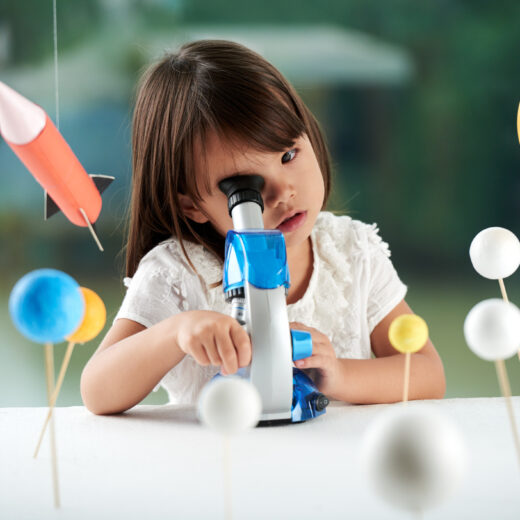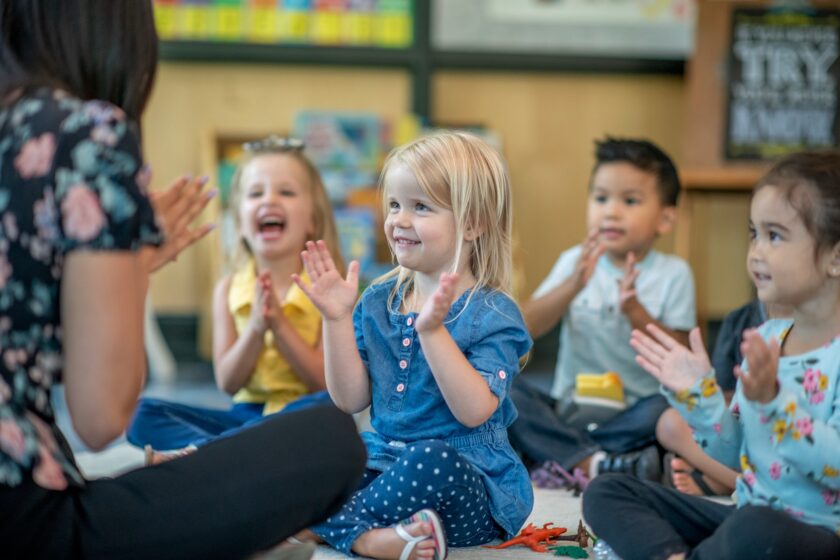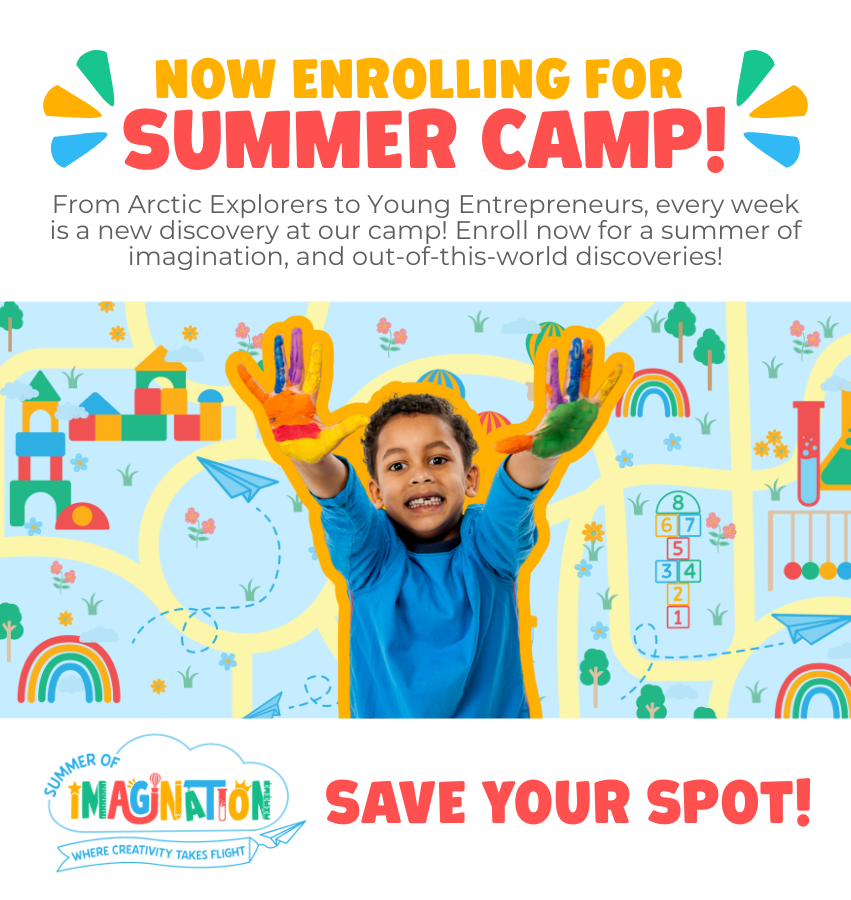Play and Learn Child Development Center
Partnering with Families, Building Brighter Futures
Welcome to Play and Learn Child Development Center
At Play and Learn Child Development Center, we provide a safe, fun and enriching curriculum for infants through school age. Our caring staff create a solid foundation to allow your little one to explore, learn and thrive!
Our Programs
Growing for the Future
At Play and Learn Child Development Center, we want to set your children in the right direction! That’s why our curriculum-focused center is designed to provide quality education that prepares them for continued growth and success.

Be the Spark in a Child’s Future!
At Play and Learn Child Development Center, we believe in the power of passionate educators to ignite curiosity, joy, and growth in young minds. If you’re fun, caring, and dedicated to making a lasting impact in early-childhood education, we’d love to meet you!

Our Location
Play and Learn Child Development Center
30 North Main Street
Thomaston, CT, 06787
Hours: M-F 6:30am - 5:30pm
(860) 283-0791 About this Center